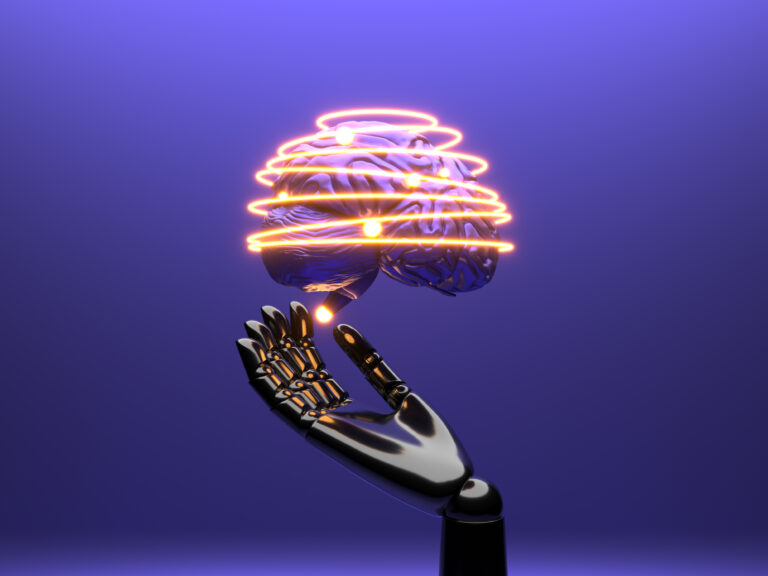The Future of AI
Artificial intelligence (AI) is fast-changing the world, and its future is full of possibilities. AI is formerly being used in a variety of ways, from powering self-driving cars to detecting fraud. As the technology continues to develop, we can anticipate seeing truly more ways that AI will impact our lives.
They are some of the implicit future uses of AI
- Healthcare: AI could be used to develop new treatments for diseases, diagnose affections, and give personalized care.
- Education: AI could be used to personalize learning, give feedback, and help pupils learn at their own pace.
- Transportation: AI could be used to develop self-driving cars, optimize business income, and upgrade public transportation.
- Business: AI could be used to automate tasks, upgrade decision- timber, and personalize marketing campaigns.
- Security: AI could be used to discover and prevent cyberattacks, monitor critical structures, and secure people from damage.
These are just many of the numerous implicit future operations of AI. As technology continues to develop, we can anticipate to see indeed more ways that AI will impact our lives.
Of course, there are also some possible challenges associated with AI. For example, AI could be used to produce independent cover systems that could kill without human intervention. It’s important to precisely consider the ethical criminations of AI as the technology develops.
Overall, the future of AI is bright. AI has the implicit to ameliorate our lives in numerous ways, but it’s important to be apprehensive of the implicit challenges as well. By precisely considering the ethical counteraccusations of AI, we can ensure that this technology is used for good.
They are some of the challenges that need to be addressed before AI can reach its full eventuality
- Data vacuity: AI models bear large quantities of data to train and operate. This data can be delicate and precious to collect, especially for certain operations.
- Bias: AI models can be poisoned if they’re trained on data that isn’t representative of the real world. This can lead to false cons or false negatives, which can have a negative impact on the use of AI.
- Explainability It can be delicate to explain how AI models make opinions. This can make it difficult to trust these models and to troubleshoot problems.
Despite these challenges, the future of AI is bright. As the technology continues to develop, we can hope to see truly more ways that AI will impact our lives.

Share in your social media if this article is useful









